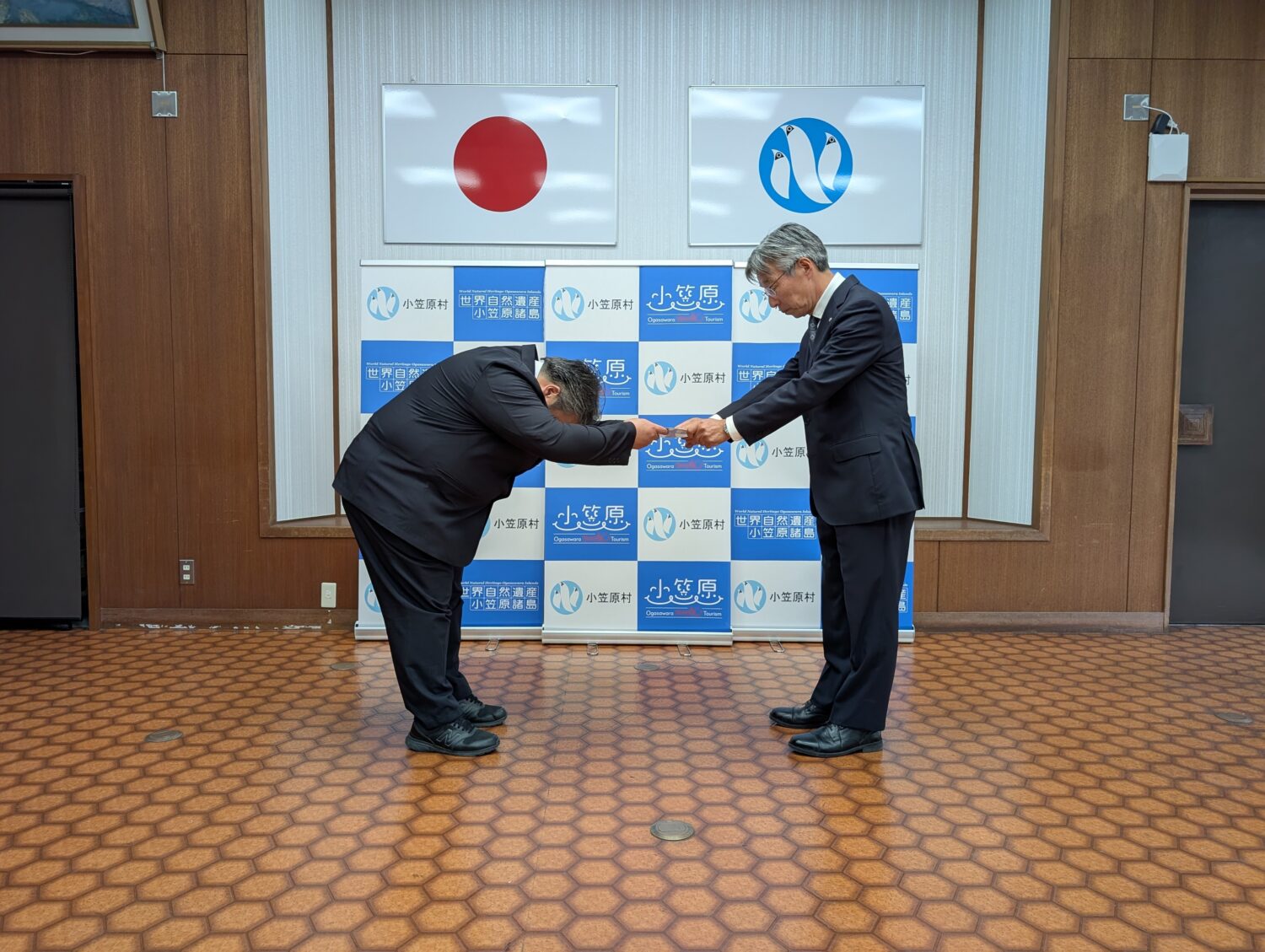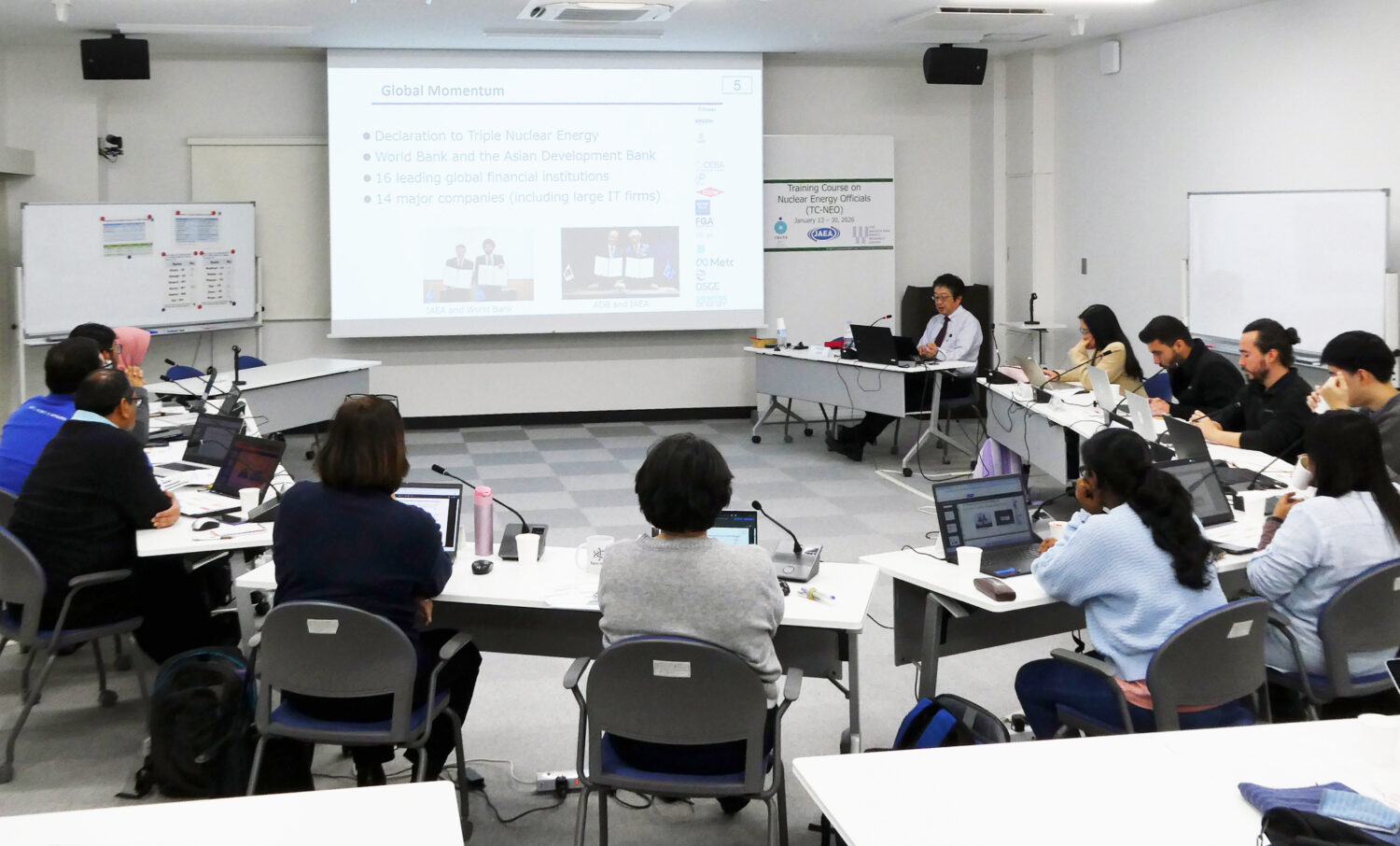The basic policy aimed at implementing the country’s green transformation, issued at the end of last year by the government’s Green Transformation (GX) Implementation Council, states that the government would “develop and construct next-generation advanced reactors with new safety mechanisms.” The council is chaired by Prime Minister KISHIDA Fumio.
In the press conference, Takaichi referred to descriptions in a draft of the Basic Concept on Nuclear Energy Use, which the Japan Atomic Energy Commission (JAEC) under her jurisdiction is in the process of revising. The concept would require the government and nuclear operators to disseminate information on (1) the importance of nuclear energy as part of the societal infrastructure, (2) the diversity of career paths, including the fields of nuclear power and uses of radiation, and more. The draft was made available for public comments for one month, between last December 23 and January 23.
As for securing nuclear human resources, the draft descriptions indicate that “it is important to raise standards for the educational foundation through cooperation among organizations and promoting research.”
Toward the development of next-generation advanced reactors, the minister said, “In order to present a future vision, related agencies want to work together and in cooperation with industries and universities to secure the necessary human resources.”
Both the Ministry of Economy, Trade and Industry (METI) and the Ministry of Education, Culture, Sports, Science and Technology (MEXT) are addressing the development of next-generation advanced reactors, including fast reactors and high-temperature gas-cooled reactors (HTGRs).
An expert panel with industrial participants at the Cabinet Office (the section on policy for science, technology and innovation) is deliberating on a new strategy for development of fusion energy. On January 30, a meeting of the panel presented a framework that included the idea of providing administrative support, including subsidies, to encourage private companies (including startups) to participate in the market. The panel is chaired by SHINOHARA Hiromichi, executive advisor at NTT Corporation.
At the same meeting, Takaichi noted that nuclear fusion was an essential technology to achieving energy security. “How well the government is able to get the industry involved will determine the success or failure of the strategy,” she said. She expressed her determination to put forward a strategy as early as the spring of this year.





-013.jpg)




